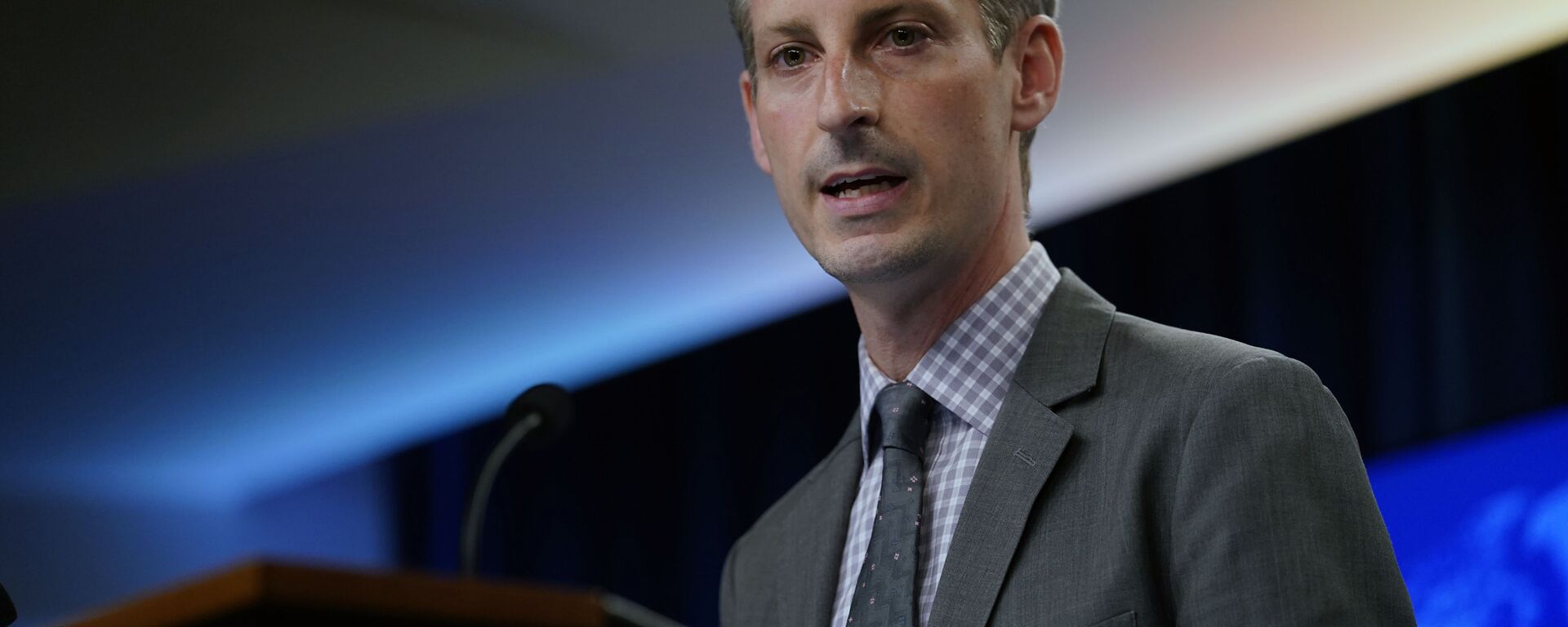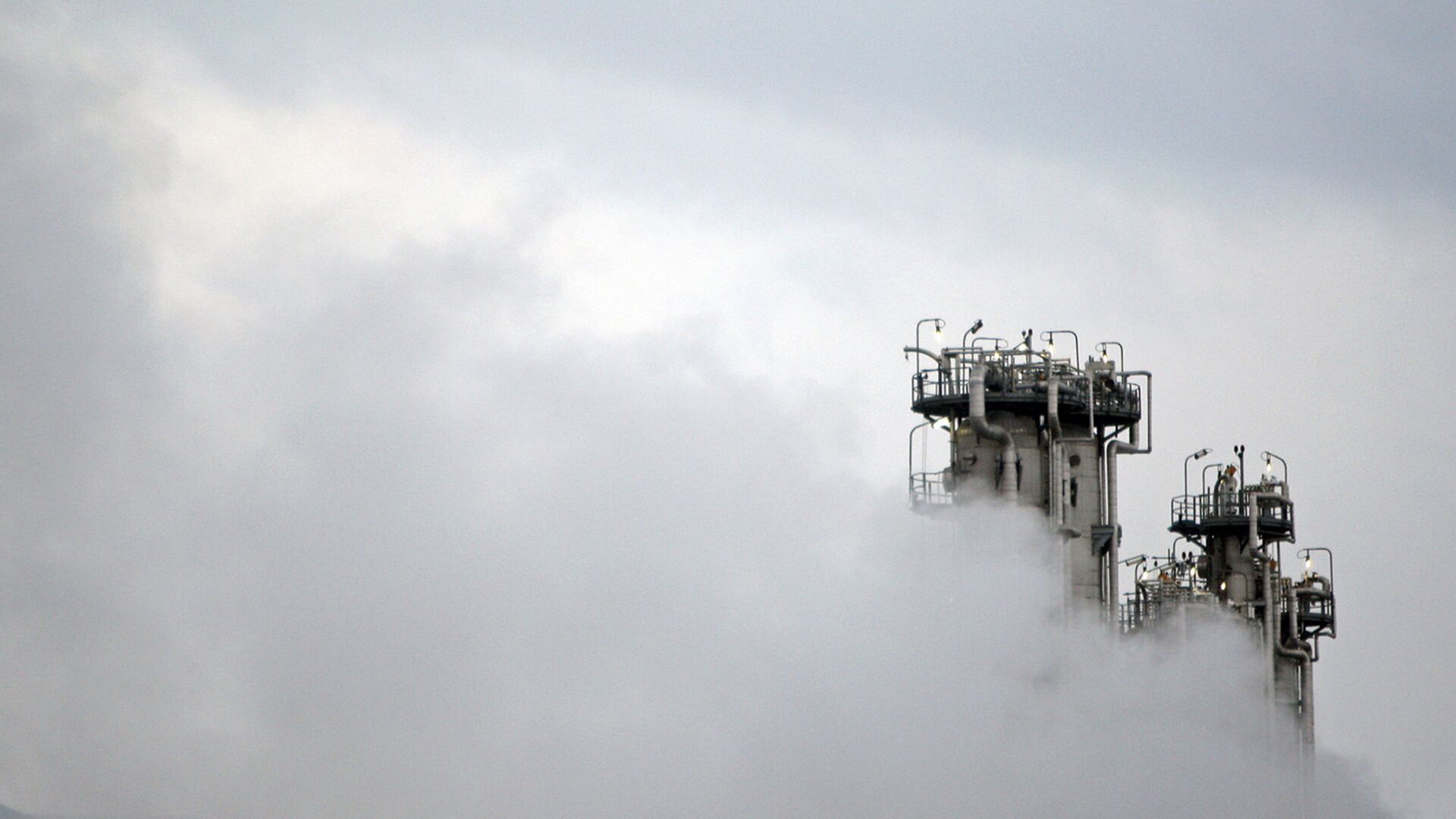https://sputnikglobe.com/20220816/iran-proposes-to-secure-jcpoa-preservation-guarantees-in-draft-nuclear-deal-russian-envoy-says-1099640919.html
Iran Proposes to Secure JCPOA Preservation Guarantees in Draft Nuclear Deal, Russian Envoy Says
Iran Proposes to Secure JCPOA Preservation Guarantees in Draft Nuclear Deal, Russian Envoy Says
Sputnik International
MOSCOW (Sputnik) - Tehran has proposed to enshrine guarantees for the preservation of the Iranian nuclear deal in a draft agreement to restore the Joint... 16.08.2022, Sputnik International
2022-08-16T08:09+0000
2022-08-16T08:09+0000
2022-08-16T08:27+0000
world
iran
joint comprehensive plan of action (jcpoa)
https://cdn1.img.sputnikglobe.com/img/106816/50/1068165051_0:100:2001:1225_1920x0_80_0_0_841090c450af5cff8d8f9b6029d7ebc5.jpg
"One of the amendments that the Iranians introduced yesterday is precisely aimed at strengthening these guarantees. And something else, apparently, will be done in this direction," Ulyanov told the Solovyov Live show.If the US refuses the restore the nuclear deal, it will not avoid consequences, the diplomat added.Meanwhile, Politico reported, citing a source that the Iranian answer to the draft agreement on the revival of the Joint Comprehensive Plan of Action (JCPOA) has been received by the European Union and is focused on issues related to sanctions and economic guarantees.Earlier in the day, the ISNA news agency reported, citing sources familiar with the matter, that Iran has sent EU foreign policy chief Josep Borrell its response on the proposed text of a draft agreement to restore the JCPOA and also expressed its opinion on the remaining issues in the talks. On August 8, the EU coordinator at nuclear talks in Vienna, Enrique Mora, distributed the final text of the draft agreement on the restoration of the nuclear deal. Borrell said its points should be agreed upon.In 2015, China, France, Germany, Russia, the United Kingdom, the United States, the European Union, and Iran signed the JCPOA, imposing restrictions on the advancement of the Iranian nuclear program in exchange for the lifting of US sanctions. In 2018, then-US President Donald Trump unilaterally withdrew from the agreement and reimposed comprehensive sanctions, prompting Iranian authorities to respond by gradually abandoning their own commitments under the deal. In December 2021, JCPOA parties agreed on two drafts of a new deal, but no definitive agreement has been reached.
https://sputnikglobe.com/20220815/us-not-planning-to-relax-enforcement-of-iran-sanctions-to-reach-jcpoa-deal-1099628542.html
iran
Sputnik International
feedback@sputniknews.com
+74956456601
MIA „Rossiya Segodnya“
2022
Sputnik International
feedback@sputniknews.com
+74956456601
MIA „Rossiya Segodnya“
News
en_EN
Sputnik International
feedback@sputniknews.com
+74956456601
MIA „Rossiya Segodnya“
Sputnik International
feedback@sputniknews.com
+74956456601
MIA „Rossiya Segodnya“
iran, joint comprehensive plan of action (jcpoa)
iran, joint comprehensive plan of action (jcpoa)
Iran Proposes to Secure JCPOA Preservation Guarantees in Draft Nuclear Deal, Russian Envoy Says
08:09 GMT 16.08.2022 (Updated: 08:27 GMT 16.08.2022) MOSCOW (Sputnik) - Tehran has proposed to enshrine guarantees for the preservation of the Iranian nuclear deal in a draft agreement to restore the Joint Comprehensive Plan of Action (JCPOA), Mikhail Ulyanov, Russia's permanent representative to the international organizations in Vienna, said on Tuesday.
"One of the amendments that the Iranians introduced yesterday is precisely aimed at strengthening these guarantees. And something else, apparently, will be done in this direction," Ulyanov told the Solovyov Live show.
If the US refuses the restore the nuclear deal, it will not avoid consequences, the diplomat added.
Meanwhile, Politico reported, citing a source that the Iranian answer to the draft agreement on the revival of the Joint Comprehensive Plan of Action (JCPOA) has been received by the European Union and is focused on issues related to sanctions and economic guarantees.
Earlier in the day, the ISNA news agency reported, citing sources familiar with the matter, that Iran has sent EU foreign policy chief Josep Borrell its response on the proposed text of a draft agreement to restore the JCPOA and also expressed its opinion on the remaining issues in the talks.
On August 8, the EU coordinator at nuclear talks in Vienna, Enrique Mora, distributed the final text of the draft agreement on the restoration of the nuclear deal. Borrell said its points should be agreed upon.

15 August 2022, 18:49 GMT
In 2015, China, France, Germany, Russia, the United Kingdom, the United States, the European Union, and Iran signed the JCPOA, imposing restrictions on the advancement of the Iranian nuclear program in exchange for the lifting of US sanctions. In 2018, then-US President Donald Trump unilaterally withdrew from the agreement and reimposed comprehensive sanctions, prompting Iranian authorities to respond by gradually abandoning their own commitments under the deal. In December 2021, JCPOA parties agreed on two drafts of a new deal, but no definitive agreement has been reached.



